Published by Jeremy. Last Updated on July 23, 2024.
Disclaimer: Our site uses demographic data, email opt-ins, display advertising, and affiliate links. Please check out our Terms and Conditions. Pricing, operating hours, or menus may have changed since our initial visit and may not be reflected in subsequent updates. Please confirm these directly with any business or attraction prior to visiting.
Looking at Pittsburgh real estate is fun, isn't it?
Okay, we know it isn't. In fact, buying a house in Pittsburgh can be downright awful in terms of finding a location, price, and condition that matches your budget- all while being able to negotiate a deal in the hot marketplace.
In this one we wanted to share some of our thoughts after our house buying experience in hopes that it may help others moving looking to do the same!
Note: Our experiences noted below are based on us buying a house within Pittsburgh's city limits only. Those who live in a different city and/or different county may have different rules and rates to keep in mind. For specific questions, please speak to a licensed professional.
The Pittsburgh Real Estate Market is in Demand
Pittsburgh is a city that is overwhelmed with ‘best of' list features. We're often named the most livable, a top food city, most in-demand for [x, y, z]- you name it. If there is a list out there about top cities in the USA, with good connotations at least, odds are that Pittsburgh is on it.
But in practical terms, what does this mean? Well, to put it bluntly, Pittsburgh homes for sale are in demand.
We may not be growing in population as of yet, but the number of people who are buying houses certainly appears to be on the rise, and competition for housing is tough (and that is an understatement).
Thankfully, there are options available for a wide range of budgets from fixer-uppers to move-in ready options in many neighborhoods, nearby boroughs, and beyond.
Financing, Fees, and Closing in Pittsburgh
Once you have found your dream home, and have an offer accepted, the true fun begins with banking approvals, inspections, closing, and so on.
When it comes to closing costs, it is often quite tricky to accurately determine the amount of money you need on hand (in any market), and in Pittsburgh this is no different. There is your down payment and then there are also closing costs that may be factored into what you owe at closing.
Your realtor or real estate attorney should be able to provide a breakdown of all closing costs for your price ranges and chosen house; however, it is worth keeping in mind that there are many added fees such as the appraisal, credit report, flood certificates, escrow fees, notary fee, attorney fee, title insurance, title transfer tax (more on this below), prepays for your insurance and annual taxes, and more. Inquire about these to ensure you are getting appropriate estimates for if/when they may apply.
Within the City of Pittsburgh, a 5% realty title transfer tax typically applies on the house value. This is often split 50/50 between the buyer and the seller and can often be one of the largest contributions to closing costs for any sales and should be discussed with your realtor when looking at houses. Transfer taxes for nearby boroughs, however, may differ.
All taxes and financing questions should be discussed at length with a licensed professional.
Tax Re-Appraisals Will Come
After closing, the next biggest question most everyone has is reassessed for tax purposes, and this can occur in one of two ways:
- The city and/or county does a blanket reassessment of all homes (which in Pittsburgh and Allegheny County is often quite rare).
- The school district requests an adjustment of your house after they find out it's been sold at a higher value (more common).
Generally speaking, the city/county often has infrequent reassessments (only a few times in the last several decades), and it is fairly common to find houses purchased 10, 20, or even 30 years ago still taxed on their last purchased price.
As the years go on, there is often talk of a wide scale reassessments; however, it is worth keeping in mind that your local school board is often quite active in pushing for spot reassessments when they are notified on sales. As these adjustments are not done automatically at the time of sale, you may find that your taxes could be adjusted later on as a result of a reassessment like these (in some cases weeks, months, or years later!).
When in doubt, ask a professional to provide an outline of your tax liability both at the time of sale and if your house were to be reassessed so any potential changes may not come as a surprise if your house is adjusted down the road.
The downside to this entire process is that it does not follow a standard format. You do not buy your house, receive a letter the next week, and have your taxes readjusted the following month. Heck, it isn't even immediate on the day of sale (which would only make far too much sense).
Whether you choose to fight the adjustment is up to you if one comes (a lawyer specializing in these cases should be consulted), but when purchasing a house you should always keep in mind that taxes easily could end up being assessed based on the total purchase price of your home.
Is it unfair? You can make that argument. Is it a poor way of doing things? A consistent system would likely be better. But this is what presently happens to some buyers in the city that is worth keeping in mind.
So check out the city, county and school district tax websites, do the math, and determine how much more you are able to afford prior to buying a house to avoid any shocks due to adjustments later!
Doing Work? Thumbtack is Fine, Neighbor Recs are Better
So when it is all said and done and you've got a house, what do you do if you need work?
Well, we're big of Thumbtack for finding local contractors who are willing to do work. But to be honest nothing beats a neighbor recommendation in person or from an online Facebook community group.
Most people “have a guy” for any given project, and it takes some digging to find out a good recommendation. Solid contractors are few and far between, and we've known some people to keep theirs fairly close, but by asking around in neighborhood groups you may often find one that is worth far more than 3rd party apps like Thumbtack!
Best of luck in your house search!
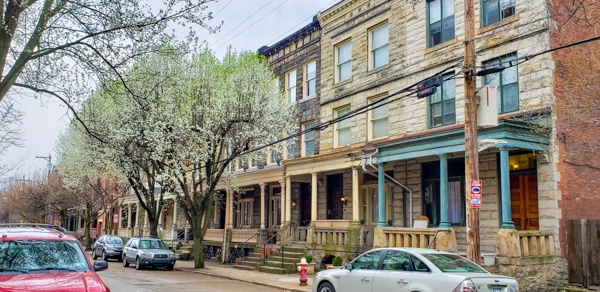
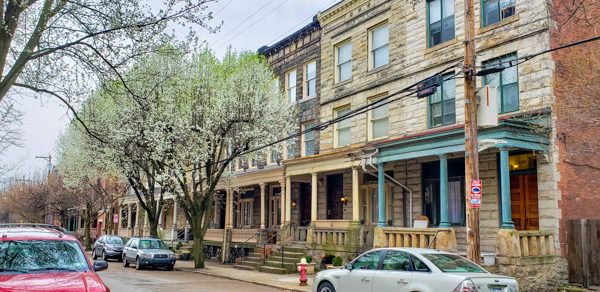
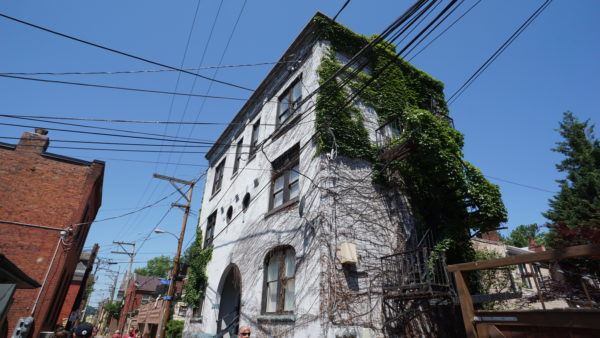
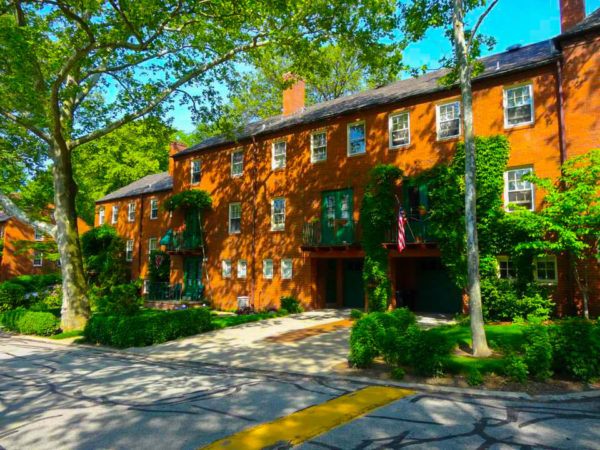
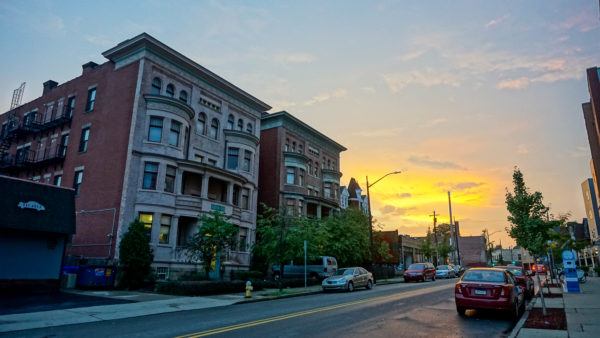
Great article. The reassessment based on the sales price can be a real killer and seems to happen a lot. What frustrates me is it never seems to happen the other way.
Hey guys!
I’m originally from Mars – up in Butler County, and I’m planning on moving back home in the next year or so after working out here in Hollywood-land for 30 years, and the sanity and beauty of home are calling. This was, and is, an incredible article for me to begin to figure out how much I need to save up for the down, and all of the other nonsense – the fees cost as much as out here for a house! Anyway, the seller’s assist tip was worth it’s wait in gold, and could literally tip the scale enough between being able to make it happen, and not making it happen. God bless you both – you have a new fan!!!
Thanks so much and good luck!